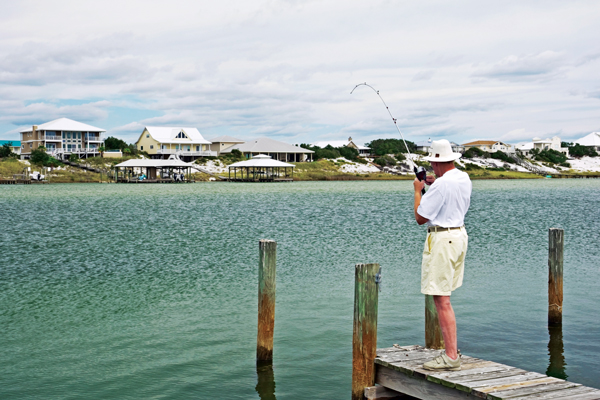Military retirees face many of the same issues as the general population, but they also represent a service niche with a number of unique issues that financial advisors need to be familiar with.
Most notable, perhaps, is the fact that military retirees, like police officers and other civil service employees, often retire -- and start receiving pensions -- while still in the prime of their lives. Military personnel become vested after 20 years of service. As a result, according to a congressional report issued in May, "the average active duty non-disability enlisted retiree is 42 years old and has 22 years of service at retirement while the average officer is 45 years old and has nearly 24 years of service at retirement."
The same report noted that $57 billion was paid to 2.3 million military retirees and survivors in fiscal 2016 .
That represents a tremendous market, particularly for advisors who serve areas that, due to the presence of military bases or other installations, have a high population of military families.
In light of these facts, WalletHub recently studied the issues that are most crucial to retired military personnel and determined which states offer the most supportive environments for this group of retirees.
"Military retirement can be a far more complicated issue than one might assume, given the extent to which state tax policies on military benefits vary, the relative friendliness of different job markets toward veterans, and other socioeconomic factors," WalletHub said in its report.
Some of the states ended up at the top of the ranking because of factors that impact all retirees—tax friendliness and the availability of healthy services, for example. But many of the factors were also specific to military veterans. Among the most heavily weighted factors used by WalletHub, for example, were state taxes on military pensions, job opportunities for military veterans, the state populations of homeless veterans and the number of Veterans Administration facilities in each state.
In the area of job opportunities, for example, the WalletHub study looked at whether or not states have enacted laws that enable private employers to implement a veteran-employment preference without vulnerability to claims of discrimination. Another factor in this area was the number of defense contractors in each state that might show a preference for hiring former military personnel.
The study also looked at whether states had support programs for returning military veterans, and whether there were laws that allowed veterans to count their military training toward college credits.
The following states, in ascending order, ranked the highest in these and other areas when it came to serving military retirees:
10. Texas
The Lone Star state ranked fifth in the nation in terms of the number of Veterans Administration health facilities compared to the number of military veterans in the state. It was also deemed by WalletHub to offer the fifth-best economic environment for military retirees.

9. Idaho
The state ranked second in the nation for the quality of the health care it can offer military retirees. It received average rankings for economic environment and quality of life.

8. Alaska
This state has the highest per capita population of military veterans in the nation, and it ranked second in the nation for the quality of life it can offer military retirees. It may not be the best choice for military retirees looking to continue working in retirement, however, as Alaska ranked 48th in the nation in job opportunities for military retirees.

7. South Dakota
South Dakota topped WalletHub's list for the health-care services it provides for military retirees. It also ranked 12th in economic environment and fifth in availability of affordable housing.

6. Maine
Maine has the third-most veterans per capita and is the state with the most job opportunities for military veterans. It ranked second in the nation in economic environment for veterans.

5. South Carolina
This state ranked fourth in the quality of life it offers military veterans. It also has the nation's highest percentage of businesses owned by military veterans, and is fifth in veterans per capita.

4. Alabama
Alabama is the top state in the area of economic environment and second in the nation in number of veteran-owned businesses. It ranks fifth in veteran job opportunities and is third-lowest in the percentage of the population comprised of homeless veterans.

3. New Hampshire
This state ranked high in a number of areas, coming in eighth in economic environment, ninth in quality of life and 10th in health-care services. It has the fourth-highest percentage of veteran-owned businesses.

2. Virginia
The state ranked first in quality of life and third in economic environment. It has the fourth-most veterans per capita, the second-lowest percentage of homeless veterans and the third-highest percentage of veteran-owned businesses.

1. Florida
Florida offers veterans the fifth-best quality of life, along with the ninth-best economic environment. The quality of its veteran health-care services ranked 13th.

The full WalletHub report can be viewed here.